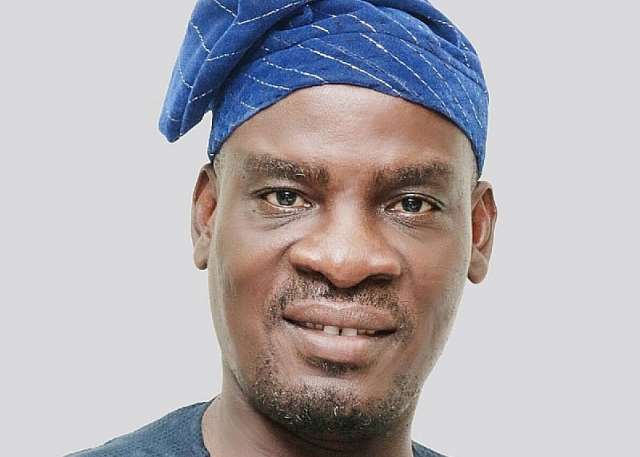By Kwadwo Nyamekye
The recent outrage expressed by Education Minister Haruna Iddrisu over the worsening quality of food served in our secondary schools has not only raised questions about the efficiency of school management—it has exposed, yet again, the deeper character flaw we suffer from as a nation.
This development, for me, confirms what has long been evident: the everyday Ghanaian, particularly those who serve in public positions, are not morally superior to the corrupt politicians they so passionately criticize. Their conduct—when given power or responsibility—often mirrors the very traits they claim to detest: dishonesty, self-interest, negligence, and insensitivity.
Not too long ago, under the Akufo-Addo administration, headmasters across the country expressed intense opposition to the centralized food supply system managed by the National Food Buffer Stock Company. They blamed food shortages and the poor quality of meals on the inefficiencies of the Buffer Stock system, and lobbied tirelessly for decentralization.
Their concerns caught the attention of then opposition leader John Dramani Mahama, who, as part of his 2024 campaign, promised to return the power of food procurement to headmasters. His argument: allowing schools to manage their own food supply would ensure quality and eliminate shortages.
Fast forward to today, that promise has been fulfilled. Heads of secondary schools now have the authority to buy food for their students — and the result has been nothing short of disappointing. Instead of better meals, there are growing complaints of poor-quality food being served, nutritional standards dropping, and in some cases, meals so bad they’ve triggered health concerns.
Minister Haruna Iddrisu, visibly angered by the developments, recently warned that he would not hesitate to reintroduce the centralized Buffer Stock system if the heads of schools failed to fix the problem. A month after that warning, the situation appears to have worsened — pushing the minister to consider exactly that option.
This situation begs a serious question: Was the problem ever really about Buffer Stock? Or is the issue simply that we have public servants — including some school heads — who are unable or unwilling to prioritize the welfare of the very students entrusted to their care?
What this crisis shows, yet again, is that many people in our system do not seek change because they love the country or care about the public good. Often, they complain loudly about corruption and inefficiency only when they’re not the ones benefitting. Once the tables turn, and they are given power or influence, they behave no differently.
This is the tragedy of our time: that personal interest continues to override collective responsibility. The Ghanaian principle of “—everyone for himself—is alive and well in our school feeding system, just as it is in our politics, our institutions, and our daily interactions.
Unless we confront this deeply rooted cultural problem, no policy will ever work for long. Whether centralized or decentralized, the outcome will remain the same—because the system is only as good as the people who run it.
follow as on Facebook legendreport for more visual content.


